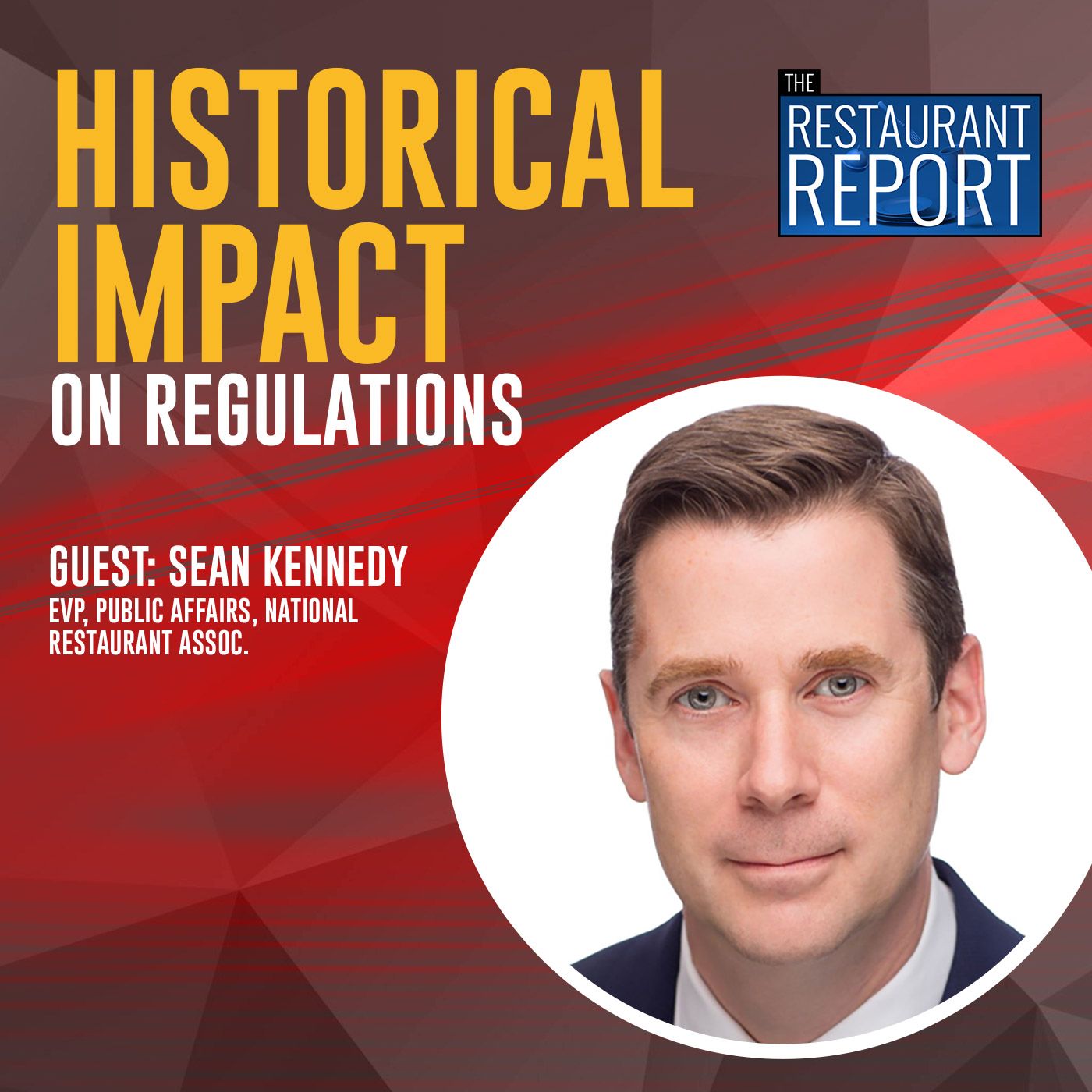Episode Summary
In a recent episode of the Restaurant Report Podcast, Sean Kennedy, Executive Vice President of Public Affairs at the National Restaurant Association, discussed several critical issues impacting the restaurant industry. Kennedy, who joined the association in June 2019, sheds light on the Association's advocacy efforts and strategic initiatives to support restaurant operators nationwide.We discussed various regulations that could affect the restaurant industry in ways we have not seen in the past two decades.Credit Card Competition Act: Addressing Swipe Fee ChallengesOne of the major topics discussed in the podcast is the Credit Card Competition Act. Kennedy emphasizes how credit card swipe fees often rank as the third highest cost for restaurants, following food and labor expenses. The proposed act seeks to introduce greater competition among banks by requiring the issuance of new cards to support at least two processing networks. This move aims to alleviate the financial burden imposed by swipe fees on restaurant businesses.NLRB 2023 Joint Employer Final Rule: Implications for Franchise OperatorsKennedy delves into the implications of the NLRB's 2023 Joint Employer Final Rule, which broadens the circumstances defining joint employer status under the National Labor Relations Act (NLRA). This rule change significantly increases liability risks for operators engaged in franchisor-franchisee relationships or independent contracts for onsite services. Kennedy highlights the Association's support for Congressional actions aimed at overturning this rule to protect operators' interests.FTC "Junk Fees" Proposal: Impact on Restaurant Pricing and TransparencyThe discussion extends to the Federal Trade Commission's proposed rule on "unfair or deceptive fees," targeting industries including restaurants. Kennedy outlines the potential consequences of the proposed rule, which could compel restaurants to eliminate various surcharges and adopt a pricing model reflecting total costs per item. This shift not only imposes substantial compliance costs but also diminishes customer transparency and affects the wages of tipped employees.Preserving the Tip Credit: Clarifying MisconceptionsKennedy addresses misconceptions surrounding the tip credit and labor groups' efforts to eliminate it. Contrary to claims of subminimum wages, Kennedy explains that tipped workers already earn at least the minimum wage, with tips supplementing their earnings. Preserving the tip credit is crucial for maintaining the current wage structure and ensuring fair compensation for tipped employees across the industry.Listen to the entire Episode and Subscribe!Savor.fm is a reader-supported publication. To receive new posts and support my work, consider becoming a free or paid subscriber.
